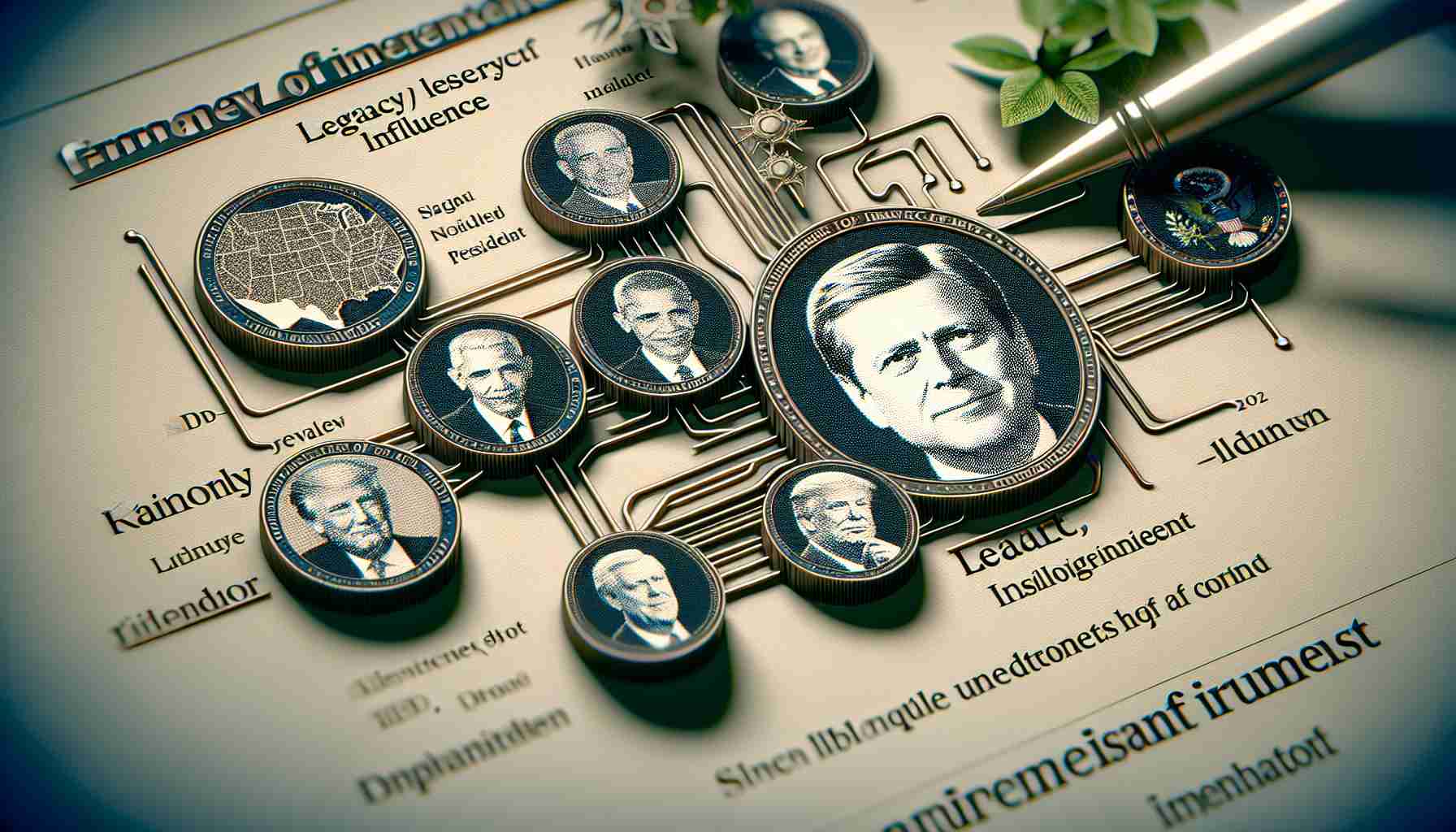Jimmy Carter, the 39th President of the United States, maintained enduring relationships with the leaders who followed him after his presidency—signifying his lasting impact on American politics. Upon his passing at the remarkable age of 100, it is clear that he mingled warmth with candid criticism throughout his connections with subsequent presidents.
Joe Biden notably valued his rapport with Carter. Shortly after taking office, Biden and his wife visited the Carters in Plains, Georgia, sharing reminiscences about their early friendship. Not only did Biden recall being the first senator to support Carter’s campaign in 1976, but he also celebrated Carter’s 100th birthday by praising him as a moral beacon for the nation.
In stark contrast, Carter’s relationship with Donald Trump was more tumultuous. Initially engaging for discussions about North Korea and trade, Carter later expressed serious concerns regarding Trump’s actions, particularly surrounding Russian election interference and pandemic funding decisions. Despite Trump’s acknowledgment of Carter as a “nice man,” their interactions soured over political disagreements.
As for Barack Obama, Carter’s experience was different. He once lamented that Obama chose not to seek his advice, unlike previous presidents who often consulted him on sensitive diplomatic matters. Carter’s advocacy for equal treatment of Palestinians and Israelis potentially contributed to this distancing.
Thus, Jimmy Carter’s legacy remains a blend of genuine friendship and the willingness to voice discontent, leaving a complex imprint on presidential interactions.
The Enduring Legacy of Jimmy Carter: Presidential Connections and Controversies
Jimmy Carter, the 39th President of the United States, passed away at the impressive age of 100, leaving behind a multifaceted legacy. His relationships with subsequent presidents illustrate a significant influence on American politics, balancing warmth with candid critique. This article explores Carter’s impact on modern presidential dynamics through insights, comparisons, and controversies.
Insights from Carter’s Relationships with Presidents
1. Joe Biden: Carter and Biden shared a profound mutual respect. Biden’s visit to the Carters shortly after his inauguration highlighted their long-standing friendship. Their connection was not just personal; Biden often described Carter as a moral compass for the country, emphasizing the importance of integrity in leadership.
2. Donald Trump: The relationship between Carter and Trump was notably more strained. While they engaged in discussions on critical issues like North Korea, Carter’s increasing criticisms of Trump’s handling of Russian interference in elections demonstrated a clear rift. This discord reflects a broader trend in political discourse, where personal relationships can be influenced by policy decisions and ideological conflicts.
3. Barack Obama: Carter expressed disappointment over President Obama’s decision to not seek his counsel, especially in foreign policy matters. This distancing might reflect a generational shift in presidential advisory practices, where newer leaders often rely on their immediate teams rather than tapping into the wisdom of former presidents.
Pros and Cons of Carter’s Political Engagement
Pros:
– Mentorship: Carter’s willingness to share insights with presidents indicated a desire to guide and improve the political landscape.
– Moral Leadership: His advocacy for human rights and diplomacy set a standard for the ethical responsibilities of U.S. leadership.
Cons:
– Generational Gaps: The reluctance of newer leaders to consult previous presidents could lead to missed opportunities for learning from past mistakes.
– Polarized Politics: Carter’s critiques of Trump reveal the challenges of maintaining relationships in an increasingly polarized political climate.
Trends and Innovations in Political Relationships
Carter’s legacy signifies a broader trend in political relationships where personal connections can help bridge divides or heighten tensions. Emerging leaders often face the challenge of balancing their innovative approaches with the traditional insights from their predecessors. By analyzing these dynamics, future leaders might better navigate their legacies while fostering beneficial relationships.
Speculation on Future Presidential Relationships
As political landscapes evolve, the need for effective communication and mentorship among leaders will likely grow. Future presidents could benefit from adopting a more collaborative approach, embracing the teachings of past leaders like Carter. Understanding the complexities of such relationships may empower leaders to build a more cohesive political environment.
Conclusion
Jimmy Carter’s interactions with subsequent presidents not only reveal the humanity behind the office but also highlight the challenges of political relationships in a modern context. His legacy is a testament to the importance of moral integrity, mentorship, and the capacity to engage in constructive criticism, guiding future leaders as they navigate the complexities of governance.
For more insights on political leadership and legacy, visit the White House.
